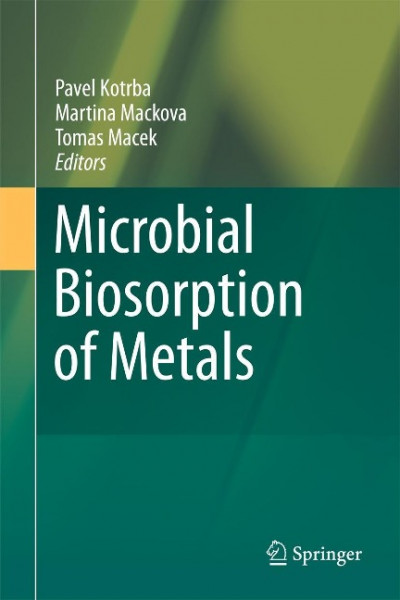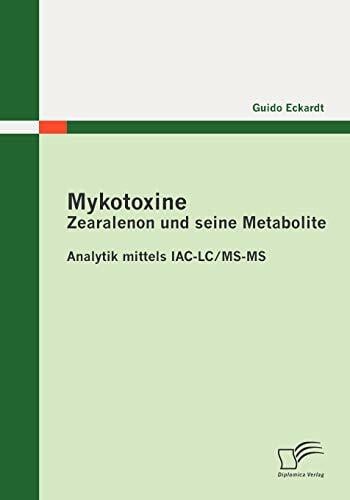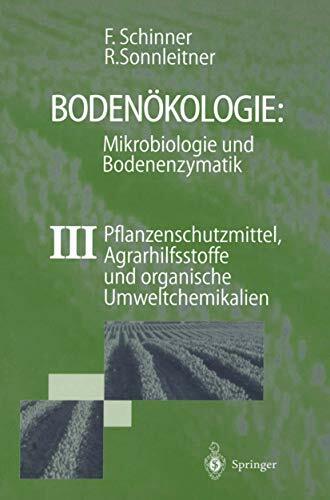
Microbial Biosorption of Metals
Kurzinformation
inkl. MwSt. Versandinformationen
Artikel zZt. nicht lieferbar
Artikel zZt. nicht lieferbar

Beschreibung
Heavy metals always pose serious ecological risks when released into the environment due to their elemental non-degradable nature, regardless of their chemical form. This calls for the development of efficient and low-cost effluent treatment and metal recuperation technologies for contaminated waste water, not only because regulatory limits need to be met but also because the waste itself can be a resource for certain precious metals. Biosorption is a general property of living and dead biomass to rapidly bind and abiotically concentrate inorganic or organic compounds from even very diluted aqueous solutions. As a specific term, biosorption is a method that utilizes materials of biological origin - biosorbents formulated from non-living biomass - for the removal of target substances from aqueous solutions. Recent research on biosorption provides a solid understanding of the mechanism underlying microbial biosorption of heavy metals and related elements. This book gathers review articles analyzing current views on the mechanism and (bio)chemistry of biosorption, the performance of bacterial, fungal and algal biomass, and the practical aspects of biosorbent preparation and engineering. It also reviews the physico-chemical evaluations of biosorbents and modelling of the process as well as the importance of biosorption during heavy metal removal using living cells. It is a reference work for scientists, environmental safety engineers and R&D specialists who wish to further promote biosorption research and use the accumulated knowledge to develop and build industrial applications of biosorption in heavy metal separation technologies. von Kotrba, Pavel und Mackova, Martina und Macek, Tomas
Produktdetails

So garantieren wir Dir zu jeder Zeit Premiumqualität.
Über den Autor

- Gebunden
- 468 Seiten
- Erschienen 2016
- Wiley-VCH

- paperback
- 376 Seiten
- Erschienen 2008
- Academic Press

- Gebunden
- 714 Seiten
- Erschienen 2007
- CRC Press Inc

- Gebunden
- 723 Seiten
- Erschienen 2017
- Wiley-VCH

- hardcover
- 336 Seiten
- Erschienen 1995
- Springer

- paperback
- 352 Seiten
- Erschienen 2018
- Springer

- Taschenbuch
- 472 Seiten
- Erschienen 2020
- Elsevier

- Gebunden
- 143 Seiten
- Erschienen 2007
- OLV

- Gebunden
- 445 Seiten
- Erschienen 2012
- Springer

- hardcover
- 212 Seiten
- Erschienen 2003
- Springer

- hardcover
- 384 Seiten
- Erschienen 2012
- Wiley

- hardcover -
- Erschienen 1990
- Urban & Schwarzenberg.

- Kartoniert
- 668 Seiten
- Erschienen 2020
- Springer Spektrum

- Hardcover
- 484 Seiten
- Erschienen 2005
- Vieweg+Teubner Verlag

- hardcover
- 408 Seiten
- Erschienen 2013
- Wiley-VCH

- Gebunden
- 350 Seiten
- Erschienen 2022
- Wiley-VCH

- Kartoniert
- 310 Seiten
- Erschienen 2012
- Springer Spektrum





























